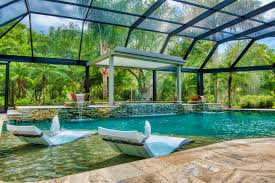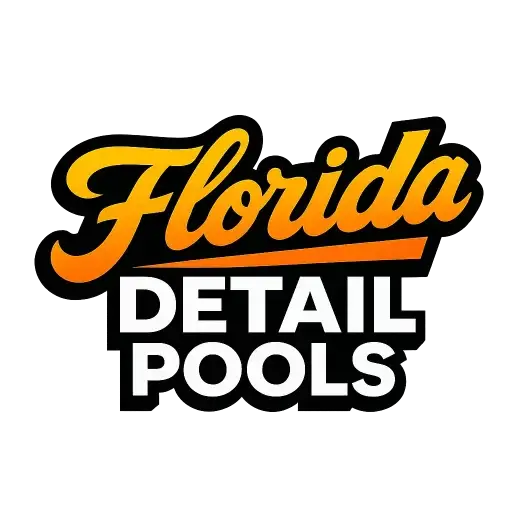
Gas pool heaters are a popular choice in Port Charlotte, Punta Gorda, North Port, Rotonda, and throughout Charlotte County because they heat water quickly and efficiently. However, they also come with fire safety considerations that every homeowner should understand. Improper installation, nearby flammable materials, or lack of maintenance can lead to dangerous situations.
This guide provides essential poolside fire safety tips to protect your home, family, and property while enjoying a warm Florida pool.
Why Fire Safety Matters With Gas Heaters
Gas heaters operate by burning propane or natural gas, producing high heat and open flames inside the heater’s combustion chamber. Potential risks include:
- Gas leaks leading to explosions
- Surrounding materials catching fire
- Burns from hot surfaces
- Carbon monoxide accumulation in enclosed areas
Following proper safety precautions ensures your pool remains both warm and safe, especially in areas prone to dry conditions like Charlotte County during summer months.
Proper Placement of Your Gas Heater
1. Maintain Safe Distances
- Keep the heater at least 5 feet away from poolside furniture, plants, or structures.
- Avoid installing under low-hanging branches or roof overhangs.
2. Clear Surrounding Debris
- Remove leaves, mulch, and loose materials near the heater.
- Florida storms can blow organic debris into the heater area, increasing fire risk.
3. Level and Stable Surface
- Install the heater on a solid, non-combustible surface like concrete or pavers.
- Avoid placing directly on wood decking without proper heat shields.
Regular Maintenance Checks
1. Inspect Gas Lines
- Check propane or natural gas lines for leaks or cracks.
- Consider annual professional inspections in Port Charlotte or Punta Gorda.
2. Clean the Burner and Vents
- Remove dirt, leaves, and insects that can block airflow.
- Blocked vents can cause improper combustion and fire hazards.
3. Monitor Flame and Pilot Light
- Flames should burn blue, not yellow or orange.
- Flickering or irregular flames indicate a problem that needs repair.
Safe Operation Tips
- Never store flammable liquids (e.g., pool chemicals, propane) near the heater.
- Turn off the heater during storms or high winds to prevent debris ignition.
- Teach family members about the hot surfaces and proper use.
- Use a pool safety cover to prevent accidental contact with the heater when not in use.
Emergency Preparedness
- Keep a fire extinguisher rated for gas fires near the pool equipment area.
- Know how to shut off the gas supply quickly.
- Install carbon monoxide detectors if the heater is near enclosed spaces.
- Create an evacuation plan for family and guests in case of emergency.
Local Insights: Charlotte County Considerations
- Punta Gorda & Rotonda: Waterfront breezes can fan flames; ensure wind guards and clearances.
- Port Charlotte: HOA regulations may require specific heater placement and barriers.
- North Port: Dry summer months increase fire risk; monitor vegetation near pool equipment.
For professional installation, safety checks, and maintenance, consult Florida Detail to connect with licensed technicians experienced in gas pool heaters in Charlotte County.
Trusted Resources
- Florida Detail – Local pool safety inspections and maintenance
- Pool Cleaning in Charlotte County – Pool service and safety tips
- Port Charlotte Pool Services
- Unlimited Maniac Marketing – Local pool safety and marketing resources
Conclusion
Gas pool heaters are a fantastic way to enjoy a warm pool in Florida, but safety cannot be overlooked. Proper placement, regular maintenance, and adherence to fire safety protocols can prevent accidents and keep your pool area safe for family and friends.
Ensure your gas pool heater is installed and maintained by experts—explore Florida Detail for trusted services in Charlotte County.
